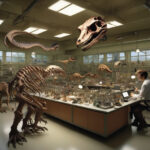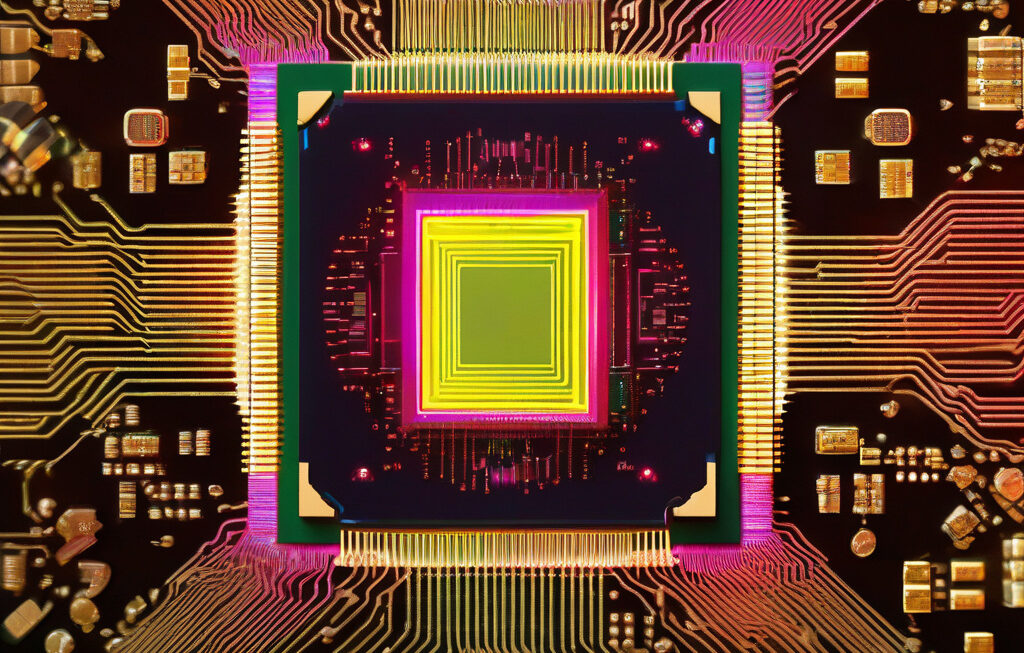Inside Europe’s innovation arena: What robots, corn waste, and game theory have in common
Foro Transfiere, one of the leading European events dedicated to research, development, and innovation, was the perfect stage for showcasing the continent’s latest advancements in technology and sustainability. Among the myriad of groundbreaking projects and ideas presented, three standout themes emerged: robotics, corn waste utilization, and the application of game theory in various industries. Although seemingly unrelated, these concepts share a common thread – they represent the forefront of innovation and are poised to revolutionize their respective fields.
Robots have long been a staple of science fiction, but they are now becoming an integral part of our daily lives. At Foro Transfiere, European researchers and engineers unveiled a new generation of robots that are not only more advanced but also more versatile and adaptable. From autonomous drones that can inspect infrastructure for damage to humanoid robots capable of assisting with complex surgeries, the potential applications of robotics are limitless. By harnessing the power of artificial intelligence and machine learning, these robots are poised to transform industries ranging from healthcare to manufacturing.
In a surprising turn of events, corn waste emerged as a star player in the push towards sustainability and renewable resources. Traditionally seen as a byproduct of agriculture, corn waste is now being repurposed into biodegradable plastics, biofuels, and even packaging materials. By finding innovative ways to utilize this abundant resource, European scientists are not only reducing waste but also creating new economic opportunities for farmers and businesses. This circular approach to production highlights the importance of thinking beyond traditional boundaries and finding value in unexpected places.
Game theory, a branch of mathematics that analyzes strategic interactions between rational decision-makers, may seem out of place in discussions of innovation. However, its applications in fields such as economics, politics, and technology are profound. By using game theory principles to model complex scenarios and predict outcomes, researchers are gaining valuable insights into human behavior and decision-making processes. This knowledge is being leveraged to optimize supply chains, improve cybersecurity measures, and even enhance healthcare delivery systems. The marriage of game theory and innovation exemplifies the power of interdisciplinary thinking and its ability to drive progress in unexpected ways.
As Europe continues to position itself as a global leader in research and development, events like Foro Transfiere play a crucial role in connecting innovators, investors, and policymakers. By fostering collaboration and knowledge exchange, these gatherings pave the way for transformative ideas to take root and flourish. The convergence of robotics, corn waste utilization, and game theory at Foro Transfiere serves as a testament to the continent’s commitment to pushing the boundaries of innovation and sustainability.
In conclusion, the future of Europe’s innovation arena is bright and full of promise. By embracing emerging technologies, reimagining traditional resources, and embracing interdisciplinary approaches, the continent is poised to make a lasting impact on a global scale. As we look towards a future shaped by robots, sustainable practices, and strategic thinking, one thing is clear – the possibilities are endless.
innovation, Europe, robotics, sustainability, game theory












